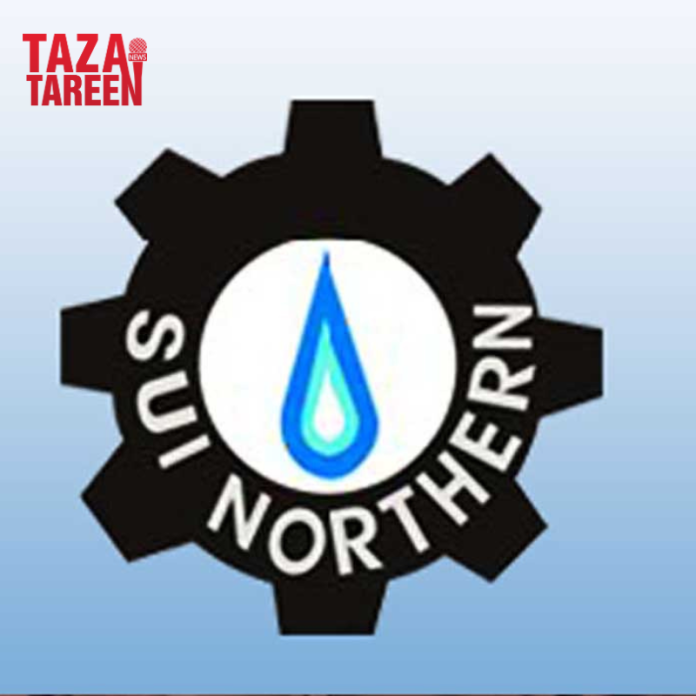The federal government of Pakistan has recently approved the lifting of the ban on new domestic gas connections. The decision, taken at the cabinet level, is being seen as a major relief for households that have been waiting for years to obtain a new gas connection. The ban, which was imposed in 2021, had created serious difficulties for citizens, especially in new housing schemes and developing areas.
Why Was the Ban Imposed?
In 2021, the government halted new gas connections due to severe shortages in natural gas supply. Rising demand, declining reserves, and the growing reliance on imported liquefied natural gas (LNG) had forced authorities to put restrictions on fresh domestic connections.
-
Energy Shortages: Pakistan has been facing chronic energy crises for more than a decade.
-
Rising Costs: Heavy reliance on imported LNG has increased the burden on the national economy.
-
Distribution Challenges: Limited supply lines made it difficult to accommodate new consumers.
The Recent Decision
According to official reports, the federal cabinet has approved lifting the restriction on new domestic gas connections. This means households can once again apply for fresh connections through their respective gas utility companies.
However, the process will not be as simple as before. To ensure financial sustainability and control demand, new fee structures have been recommended.
Proposed Fee Structure
Government sources and media reports suggest the following fee adjustments are under consideration:
-
Normal Demand Notice Fee: Around PKR 18,000 (for standard applications).
-
Urgent Connection Fee: Around PKR 80,000 (for those applying under urgent policy).
⚠️ It is important to note that these figures are currently part of recommendations. The final notification and official implementation details are still pending.
What Does This Mean for Consumers?
-
Families who have been waiting for years can now re-apply for gas connections.
-
Costs may increase compared to the old fee structure.
-
Those seeking urgent connections may face significantly higher charges.
-
Actual availability will still depend on pipeline infrastructure and gas supply in specific areas.
Challenges Ahead
While the decision has been welcomed by many, several challenges remain:
-
Limited Gas Reserves: Pakistan’s domestic gas reserves are rapidly depleting.
-
Dependence on LNG Imports: Continued reliance on expensive imported LNG raises concerns.
-
Implementation Delays: Without an official notification, citizens may still face uncertainty.
-
Regional Disparities: Urban areas may benefit more quickly, while rural regions could still struggle.
Conclusion
The lifting of the ban on new domestic gas connections is a significant move by the Pakistani government and is likely to bring relief to many households. However, the proposed fee structure, ongoing shortages, and pending notifications highlight that the issue is far from fully resolved.
For now, citizens are advised to wait for the official implementation details from their gas utility providers before making any decisions.
FAQs
Q1. Has the government officially lifted the ban on new gas connections in Pakistan?
Currently, the government is reviewing the policy. While proposals are under discussion, no official notification has been issued yet. Citizens should wait for confirmation from the Ministry of Energy or SNGPL/SSGC.
Q2. What is the proposed demand notice fee for new gas connections?
Reports suggest that the demand notice fee may be set at PKR 18,000 for standard cases. However, this is not final until officially approved.
Q3. What is the urgent gas connection policy?
An urgent gas connection option is being discussed where applicants may pay a higher fee (around PKR 80,000) to fast-track their requests. This policy has not yet been implemented.
Q4. Why was there a ban on new gas connections in Pakistan?
The ban was imposed due to severe gas shortages and supply-demand imbalances. The government prioritized existing consumers to manage limited resources.
Q5. When will new gas connections be available to the public?
The exact timeline depends on official approval and government notification. Applicants are advised to follow updates from SNGPL, SSGC, and the Ministry of Energy.
Q6. Will lifting the ban solve Pakistan’s gas shortage problem?
Not entirely. While it will benefit many households and businesses, energy experts warn that new connections without an increase in supply could create further challenges.


